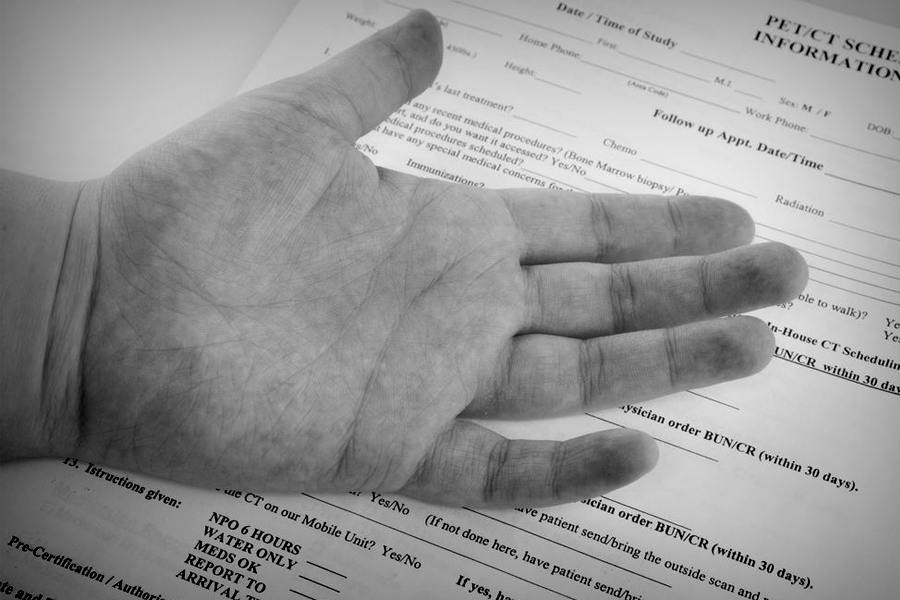
Eczema
Eczema is a condition where patches of skin become itchy, inflamed, red, rough, and sometimes blisters may occur. Eczema is mostly used to refer to Atopic dermatitis which is the most common form. The word ‘’Atopic’’ is used to refer to a collection of diseases involving the immune system (or allergy), such as atopic dermatitis, hay fever and asthma. Dermatitis is inflammation of the skin.
Although some people outgrow the condition, others continue to have it through adulthood. It is important to note that eczema is not a contagious condition.
There are different forms of eczema, and each has its own set of symptoms and triggers.
Atopic dermatitis
This is the most common form of eczema which usually starts in childhood and often gets milder as one grows, or it can go away by adulthood. Atopic dermatitis is part of atopic triad – triad means three. The other two diseases in the triad are hay fever and asthma. Majority of people with atopic dermatitis have all the three conditions.
Atopic dermatitis occurs when the skin’s natural barrier against the elements is weakened, meaning the skin is less able to protect you against allergens and irritants. Atopic dermatitis is caused by a combination of factors such as:
- Dry skin
- Genes
- An immune system problem
- Triggers in the environment
Contact dermatitis
Contact dermatitis occurs when your skin reacts to substances you touch, making it red and irritated. It comes in two forms: Irritant contact dermatitis which is when a chemical or other substance irritates your skin. The other one is Allergic contact dermatitis which is an immune system reaction to an irritant like metal or latex.
The most common causes of contact dermatitis include: detergents, bleach, jewellery, nickel, latex, paint, poisonous plants, skin care products, perfumes, soaps, solvents and tobacco smoke.


Dyshidrotic eczema
Dyshidrotic eczema causes small blisters to form on the hands and feet. The condition is more common in women than men.
Dyshidrotic eczema can be caused by:
- Damp hands and feet
- Allergies
- Exposure to substances such as cobalt, nickel or chromium salt
- Stress
Hand eczema
Hand eczema only affects the hands, hence the name. You may get this type of eczema through jobs like cleaning and hairdressing, where chemicals that irritate the skin are used regularly.
Neurodermatitis
Neurodermatitis is similar to atopic dermatitis as it causes thick, scaly patches to pop up on the skin.
The condition usually starts in people who have psoriasis or other types of eczema. There is no known exact cause, although stress can be a trigger.
Nummular eczema
This type of eczema causes round, coin-shaped spots to form on the skin. Nummular means coin in Latin. This form looks very different from other forms of eczema and it can itch a lot.
Nummular eczema can be triggered by an allergic reaction to chemicals or metals or by a reaction to an insect bite. It can also be caused by dry skin. People who have another type of eczema, such as atopic dermatitis are more likely to get it.
Stasis dermatitis
Stasis dermatitis occurs when fluid leaks out of weakened veins into your skin, due to poor circulation. This causes itching, swelling, redness and pain.
This type of eczema happens in individuals who have blood flow problems in their lower legs. If the valves that push blood up through the legs towards the heart malfunction, blood can pool in the legs, causing them to swell and varicose veins can form
Symptoms for Eczema
Atopic dermatitis symptoms
- The rash often forms in the creases of the knees or elbows
- The skin in the areas where the rash appears may get thicker, or turn lighter or darker
- If the affected area is scratched, small bumps may appear and leak fluid
- Babies often get the rash on their cheeks or scalp
- If you scratch it, your skin can get infected
Contact dermatitis symptoms
- Hives, which are itchy bumps may pop up on your skin
- Your skin itches, burns, turns red and stings
- Fluid filled blisters may form and can ooze and crust over
- Over time, the skin may thicken and feel leathery or scaly
Book a consultation with Dr Ali Razzak, leading Family Medicine Consultant and Aesthetics Expert in Dubai to know your options, cost and the next steps.
- Address The Residences at Marina Gate 1 King’s College Hospital, Dubai Marina
- Email bookings.mmc@kch.ae
- Phone +971 04 581 3222
- WhatsApp +971 50 839 5920
